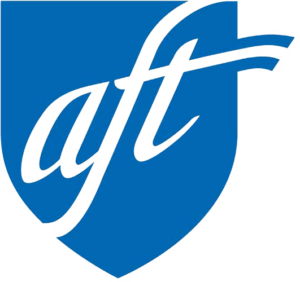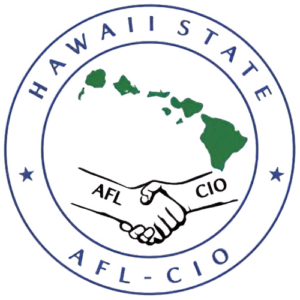Faculty rating is highest of recent UH Manoa rankings
The 2018-2019 CWUR World University Rankings report evaluated 18,000 universities worldwide. Of those, UH Manoa ranked 306, 105 nationally, 245 in influence, 541 in citations and 574 in research output. A detail not lost on us is that our UH Manoa faculty was ranked at 100, the highest of the ratings for the campus. It's nice to see great efforts and great results recognized by all. Congratulations UH Manoa Faculty!



